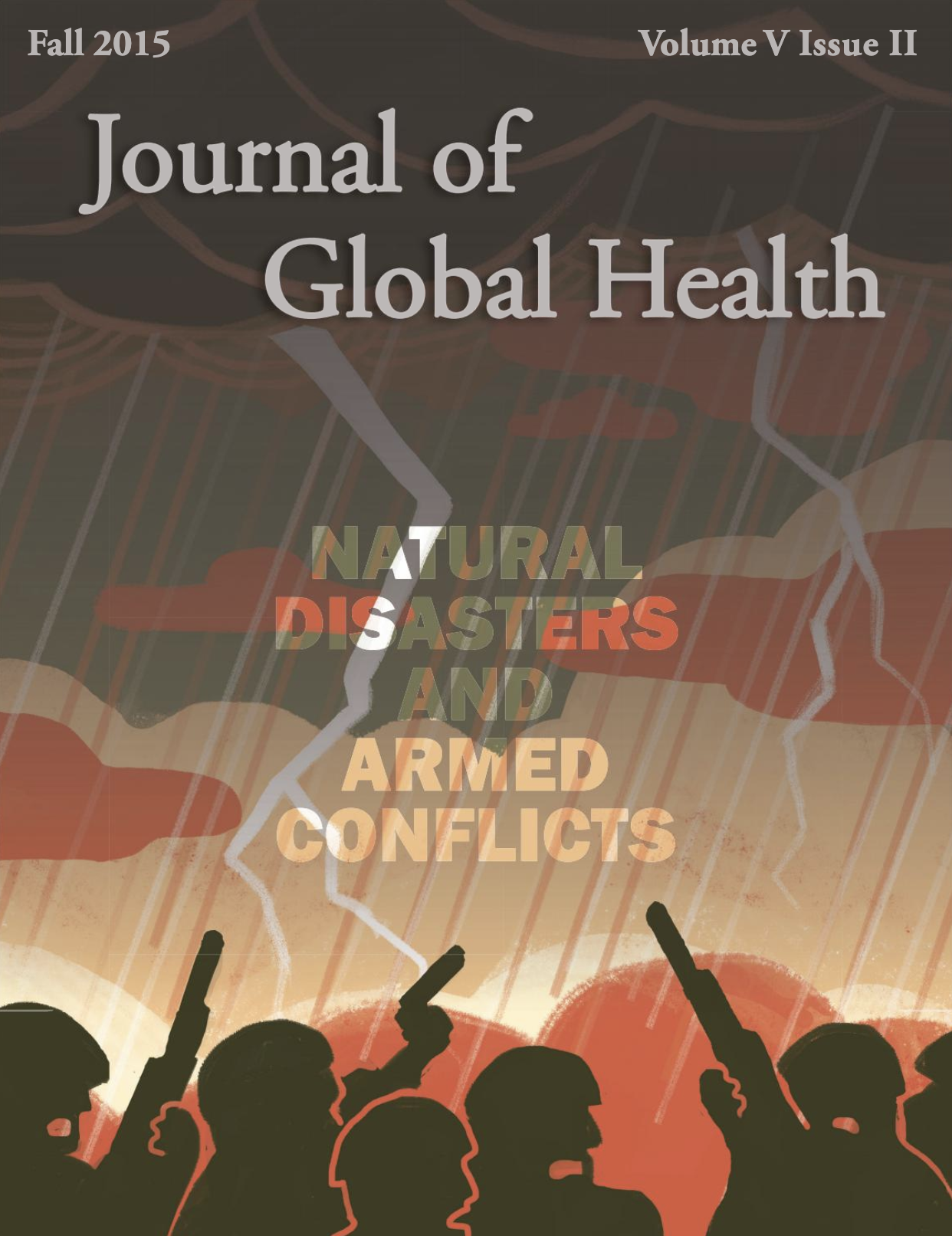AIDS Denialism: Conspiratorial Ideation and the Internet
Main Article Content
Abstract
Presentation of AIDS denialist literature in the media has an important influence on policy-making and public health education. However, the mechanisms by which AIDS denialists use media to carry out their movement and the interdependence between denialists and mass media remain inadequately examined. In this paper, the ways in which the media may sustain the HIV/AIDS denialism in South Africa were analyzed, followed by suggestions for mitigating the negative effects of AIDS denialism. In brief, it appears that modern mass media, especially the Internet, has become a fertile ground for propagating denialist literature by facilitating and empowering three defining features of AIDS denialism: (1) conspiracy ideation, (2) manipulation of fake expertise and (3) selective attack of “bad science.” Regardless of whether AIDS denialism is an organized movement or simply an outlier of the scientific community, a greater understanding of the ways in which AIDS denialists utilize the Internet to sustain their presence may elucidate more effective strategies for reducing the negative impact of science denialism on public health, particularly its influences on public attitude towards the crucial implementation of future HIV/AIDS treatment and prevention services.

